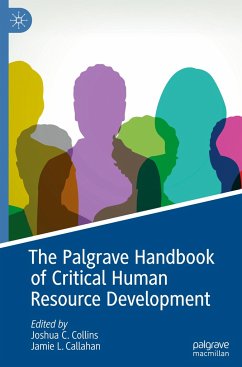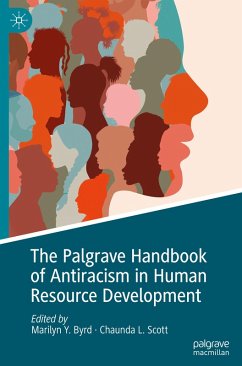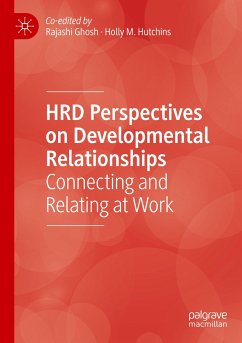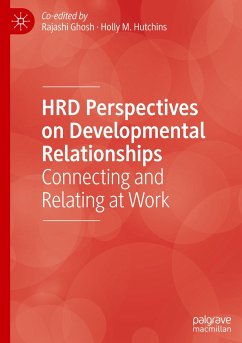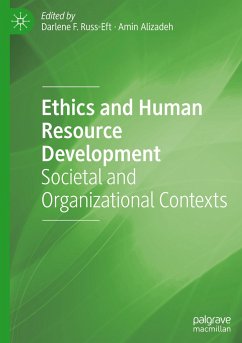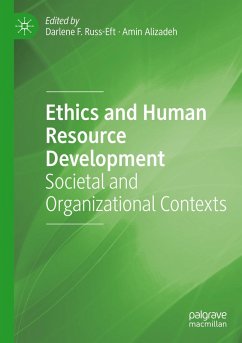
The Palgrave Handbook of Critical Human Resource Development
Versandkostenfrei!
Versandfertig in 1-2 Wochen
175,99 €
inkl. MwSt.

PAYBACK Punkte
88 °P sammeln!
This handbook presents an expansive exploration of critical theory, critical perspectives, critical praxis, and the impact on the research, theory, and practice of Human Resource Development (HRD). Critical Human Resource Development (CHRD) aims to challenge the normative structures, practices, policies, definitions, and approaches which have historically dominated the field of Human Resource Development (HRD). As an approach to HRD, CHRD raises awareness of social systems, organizational policies and practices, and research paradigms that silence new ways of knowing and understanding, while a...
This handbook presents an expansive exploration of critical theory, critical perspectives, critical praxis, and the impact on the research, theory, and practice of Human Resource Development (HRD). Critical Human Resource Development (CHRD) aims to challenge the normative structures, practices, policies, definitions, and approaches which have historically dominated the field of Human Resource Development (HRD). As an approach to HRD, CHRD raises awareness of social systems, organizational policies and practices, and research paradigms that silence new ways of knowing and understanding, while advancing underrepresented and emerging approaches. Through an analysis of power and privilege, morality and ethics, and ideology and context, CHRD situates diversity, equity, inclusion, social justice, and resistance as a path forward in a rapidly-changing global society. In contrast to HRD's traditional focus on organization development, training and development, and career development,this handbook adopts a more critical vantage point which classifies the scope and outcomes of HRD across five domains identified by CHRD scholars as key to understanding the nature and work of the field- organizing, relating, learning, changing, and advocating.





